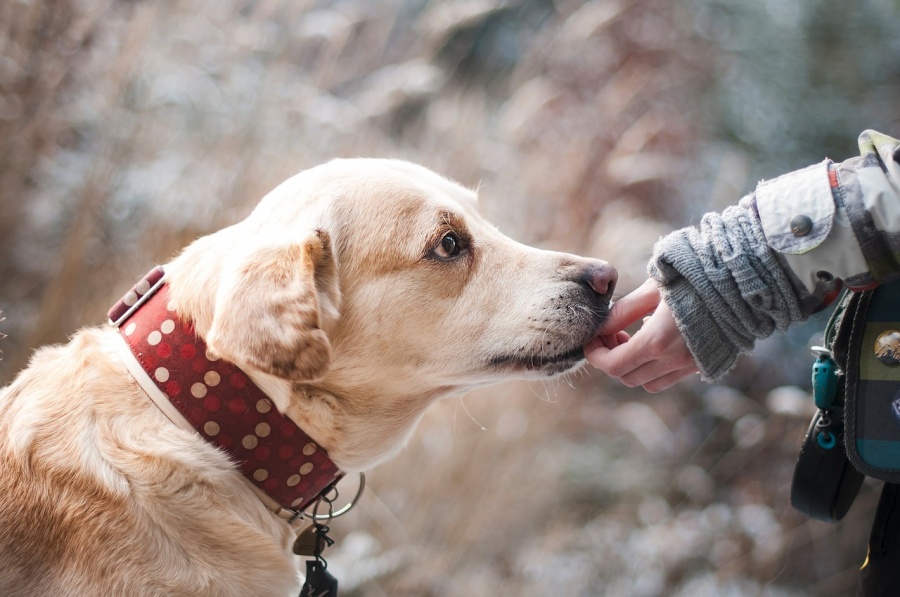What Every Pet Owner Needs to Know About How Pets Affect Your Health

Pet owners enjoy plenty of health benefits from living with their furry friends. On the other hand, there are some less positive issues to keep in mind, like allergies and infections. Protect yourself and your family with these tips.
Maximizing the Health Advantages of Pet Ownership
- Reduce stress. Petting an animal tends to lower your blood pressure and decrease the levels of stress hormones in your bloodstream. That lowers your risk for many conditions, including inflammation and heart disease.
- Exercise daily. If you have trouble finding the motivation to go to a gym regularly, dogs will help you stay active. You may look forward to your morning walks as much as they do.
- Lift your spirits. Interacting with friendly animals dramatically increases natural substances in your body like oxytocin that helps you to feel good. Unconditional love can be difficult to find, but your dog has loads to share.
- Socialize more. Animals also help you to connect with your own species. Your neighbors will start asking you how old your puppy is. You automatically have something in common with other iguana fans.
Managing Pet-Related Allergies
- Limit exposure. Forget about fur. The dander that flakes off an animal’s skin causes you to itch and wheeze, so a tiny kitten may aggravate your symptoms more than a Great Dane. On the other hand, keeping them both out of your bedroom may be enough to keep you comfortable.
- Clean house. Strategic housekeeping helps too. Trade in carpets and drapes for wood floors and blinds. Use HEPA air filters and vacuums.
- Take medication. Over-the-counter and prescription drugs can relieve the symptoms of pet allergies. If you need something stronger, your doctor may recommend taking shots.
- Stay up to date. Remember that new allergies can develop at any time. Even if you’ve lived with animals for years, you may want to ask your doctor for a skin or blood test if you notice unfamiliar symptoms.
Managing Other Health Risks Related to Pet Ownership
- Wash your hands. The common sense measures that protect you from colds work for other infections too. Scrub your hands after scooping up after your dog or changing your cat’s litter box. Keep your hands away from your face after petting them.
- Avoid bites and scratches. Train your pets to play gently. Supervise small children until they’re old enough to understand how to take care of pets.
- Eliminate fleas. Some infections are caused by the insects that live on your pet’s body. Ensure that your pets wear flea and tick protection collars, and check their skin regularly.
- Talk with your veterinarian and doctor. Give your health care providers complete information so they can treat you and your loved ones appropriately. Otherwise, they only know half the picture.
- Provide early exposure. Ironically, pets can be especially valuable for small children even though they’re more vulnerable to some health risks. Children who live with pets catch fewer colds and other infections. Some experts believe that having a dog around will strengthen the immune systems of babies who are less than 6 months old.
- Take extra precautions. In addition to children, other groups could also have strong reactions to pets, including the elderly and pregnant women, who need to avoid changing litter boxes to avoid a parasite called toxoplasmosis.
For most animal lovers, the health benefits of pets far outweigh the risks. Practicing good hygiene and staying on top of proper veterinary care will keep you fit while you enjoy each other’s company.
More to Read:
Previous Posts:







